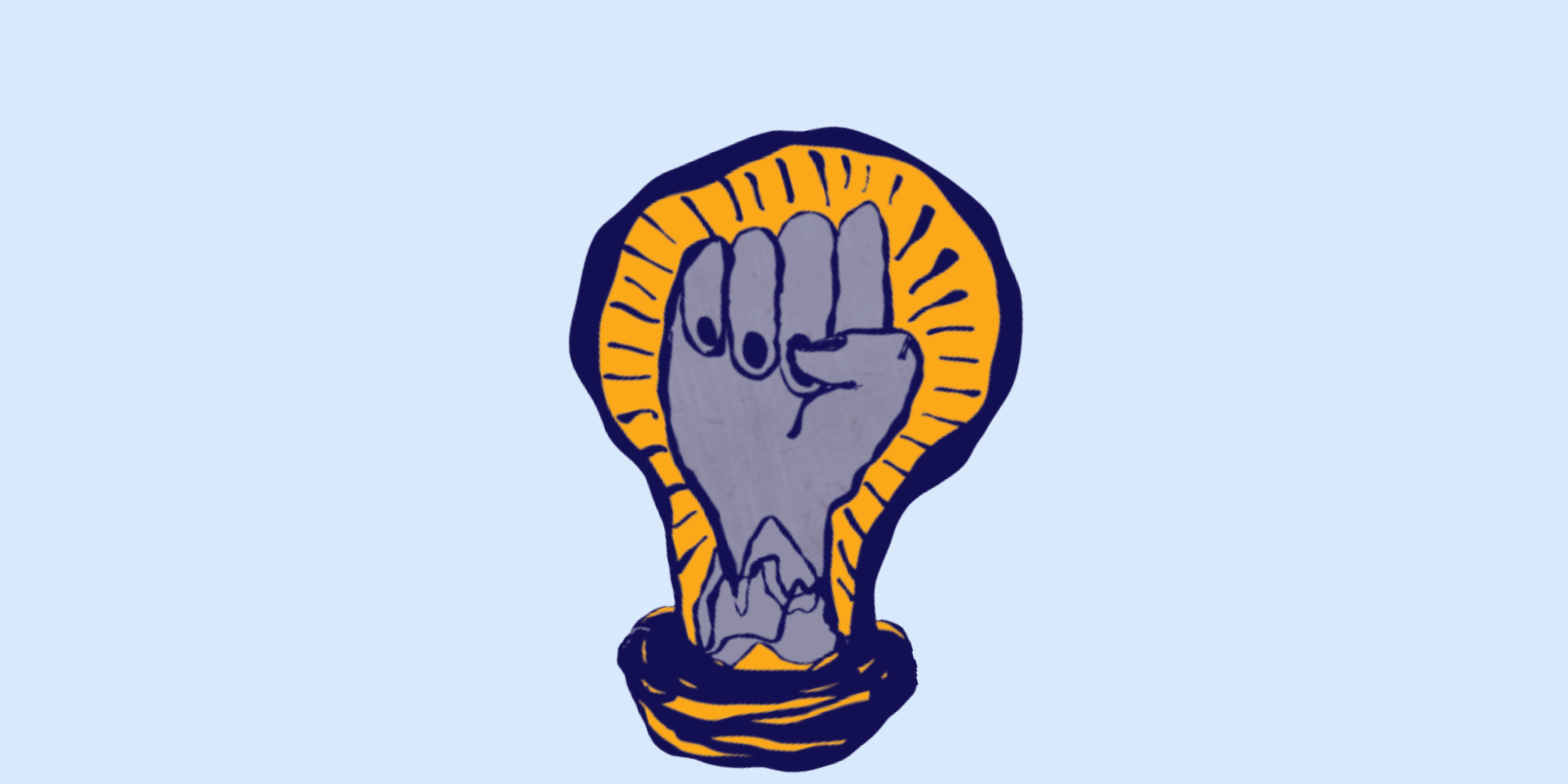

Rights Unrealized: Public Defense in Oregon
By completing this form, I agree to receive occasional emails per the terms of the ACLU’s privacy statement.
Last updated on December 01, 2025
Rights Unrealized: Public Defense in Oregon
Rights Unrealized is a public education campaign aimed at bringing together people who want to listen, learn, and grow together. We have spoken to folks in the community and hope to connect with more people ready to share their experiences.
ACLU OF OREGON WRITTEN TESTIMONY ON SB 337 -5 AMENDMENT — MAY 22, 2023
The State of Oregon controls the entire criminal system for people living in poverty. This much is clear.
The State decides what is or is not a crime. The State decides whether to charge a person with one of those crimes. The State provides a judge who controls the case process, setting pre-trial and post-conviction conditions on a person’s freedom, and managing everything in between.
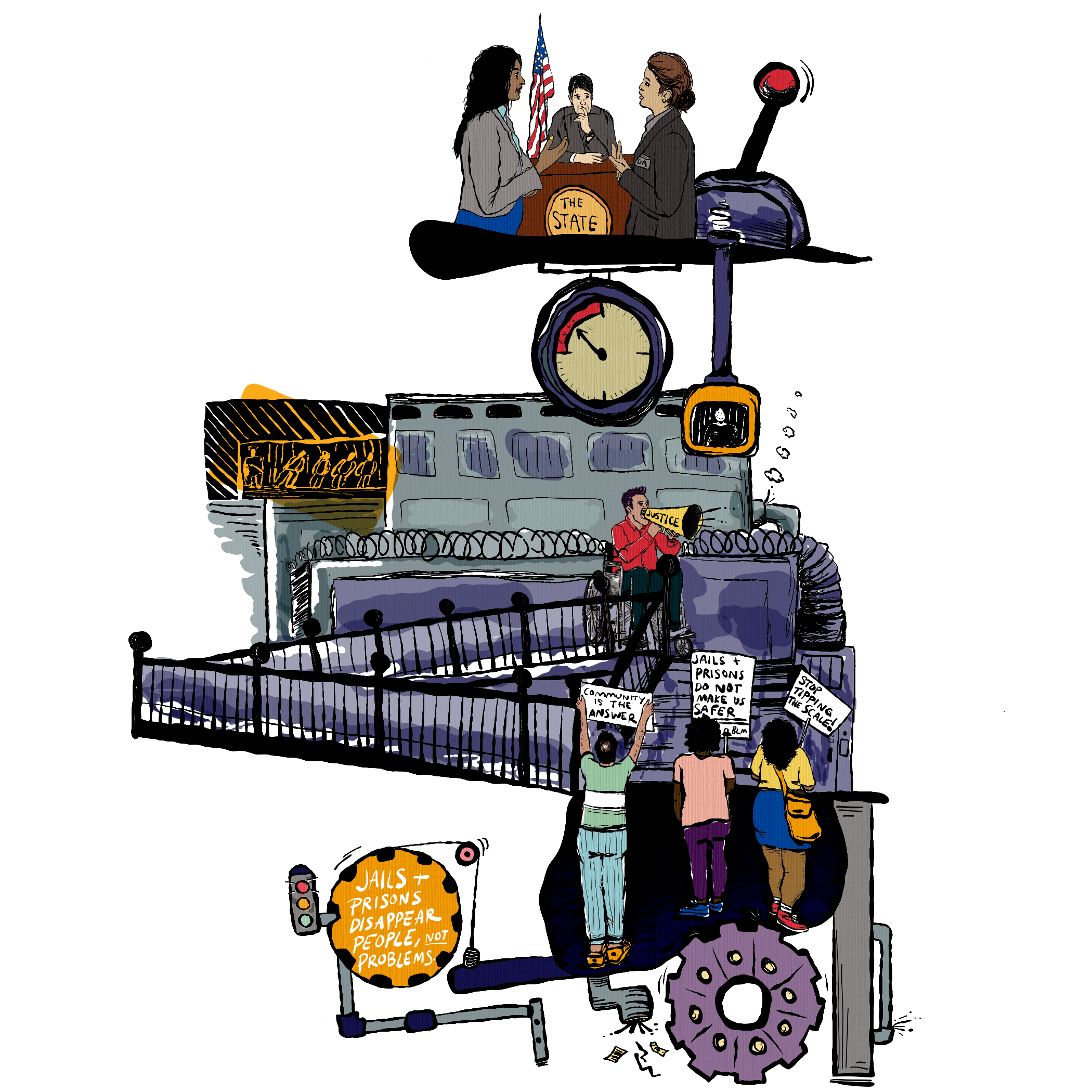
By completing this form, I agree to receive occasional emails per the terms of the ACLU’s privacy statement.
The State is also entrusted with the responsibility of providing a lawyer to work for adults and youth being accused of a crime.
Public defenders are who do this work.
When the State does not look critically at all of its parts and allows for some parts to be underfunded and others to be unchecked, it creates a system in which the people’s rights cannot be realized.
Rights Unrealized is a public education campaign aimed at bringing together people who want to listen, learn, and grow together. We have spoken to folks in the community and hope to connect with more people ready to share their experiences. In the coming weeks, revisit this site and check our social pages to join in.
We hope you are as motivated as we are to build a more fair, just, and smart public defense system.
To have this conversation, we must be clear about something else we’ve known for decades:
Oregon’s criminal system is operating illegally and causing a lot of harm to some of the most vulnerable people who live here: poor people, youth, people without housing, mentally ill people, people with disabilities, people using substances, and disproportionately Black, Indigenous, and other people of color.
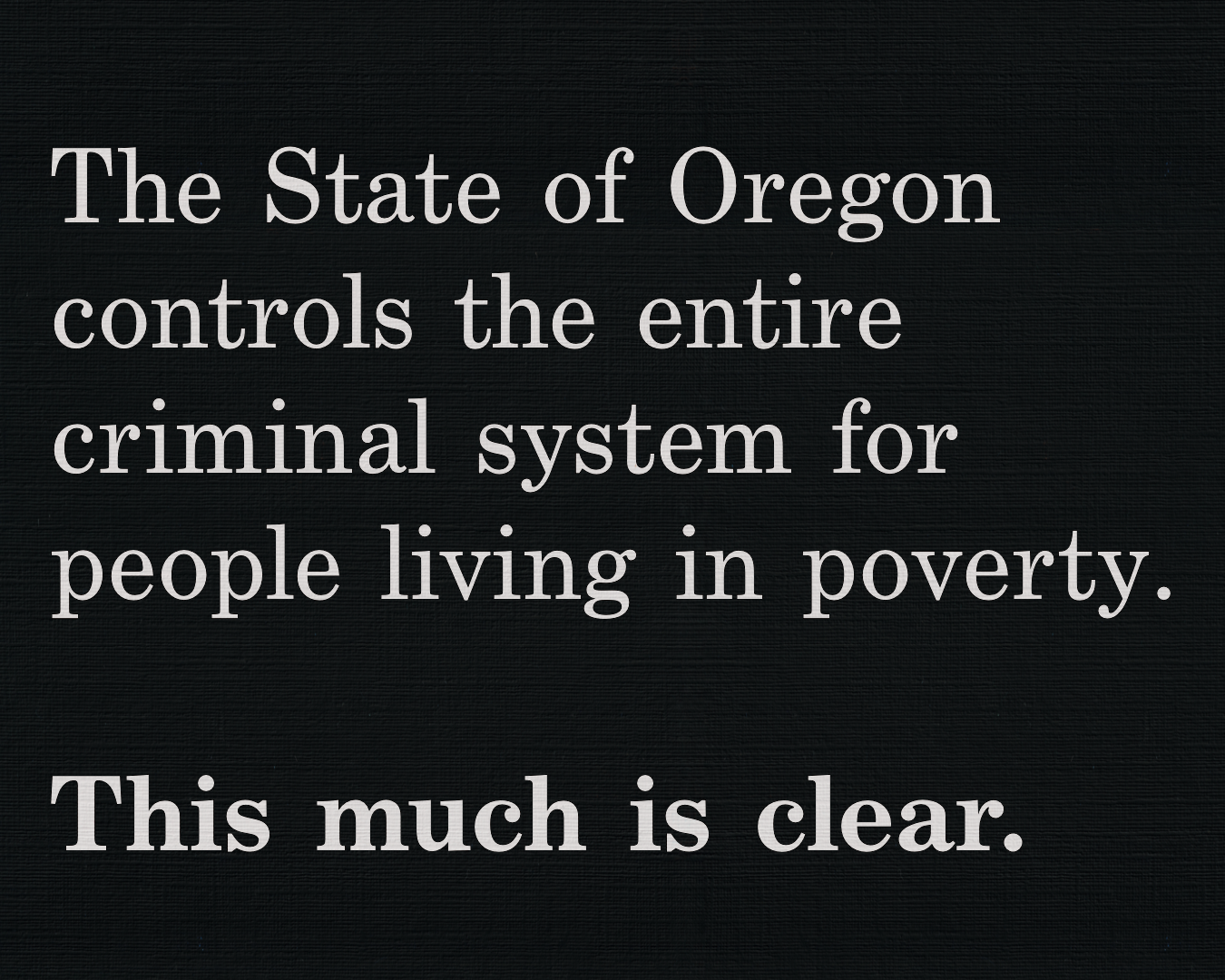
By completing this form, I agree to receive occasional emails per the terms of the ACLU’s privacy statement.
Think this doesn’t apply to you?
Most of us don’t have thousands of dollars laying around to hire a private lawyer. Students, young people, single parents, retirees, people making student loan payments, and so many of us in between would need a public defender for financial reasons.
Beyond this, most of us would want a public defender’s expertise with the types of cases present, especially given that many public defenders share expertise and collaborate to meet clients' needs with resources in our community. Social work is a hidden and important aspect of public defenders' work.
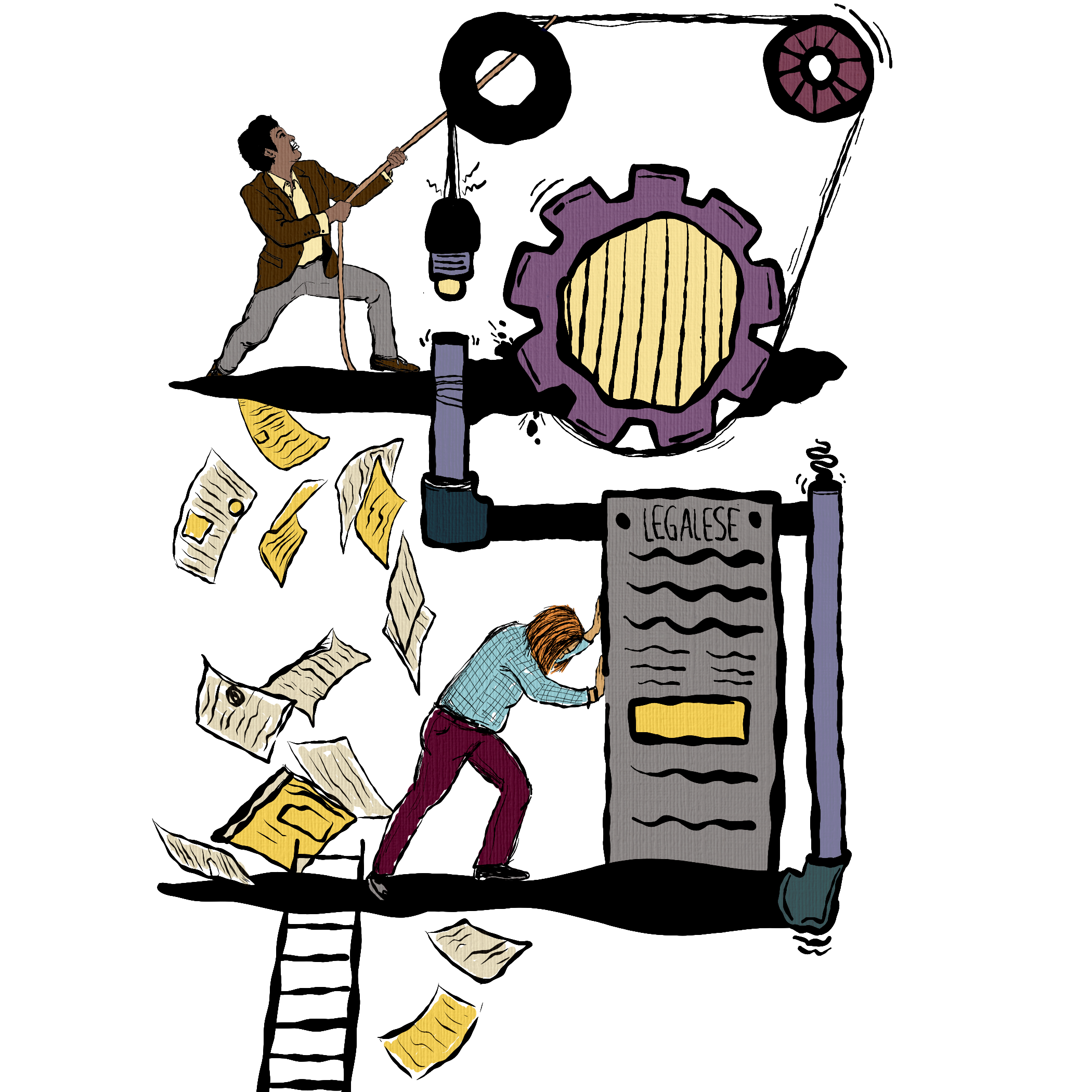
By completing this form, I agree to receive occasional emails per the terms of the ACLU’s privacy statement.
In our current system, public defenders’ caseloads are too high for them to practice their craft to the fullest extent. They are not state employees, many work as independent contractors without medical benefits, and still others are assigned to cases the morning of and are expected to fulfill the constitutional promise of a robust defense.
Prosecutors do not face these same challenges.
With the scales of justice imbalanced in this way, the system is rigged against the average person in our community.
Sometimes, waiting for access to a public defender can take months for a person accused of a crime. This waiting is different depending on the case and judge: some people are forced to wait in jail and others have a case looming over them while attempting to lead their life.
Both situations could have dire consequences to a person’s life – all before even having a trial. Going to jail for even a few days could result in employment loss, exclusion from public housing, inability to secure loans, deportation, family upheaval, and a diverse array of other harms.
So, it is not enough to mount an effort to get more public defense attorneys in Oregon. We have to step back and look at the whole criminal system, listen to each other, and think on these bigger questions:
- Does this system have the best expertise for the complex social problems it aims to address?
- Why do we have so many criminal cases?
- Do we need to be using the system as much as we do and in the way that we do?
- What is the system prioritizing and valuing?
- Do all the cases in the criminal system actually keep us safe? What harm reduction measures can we take in the short term?
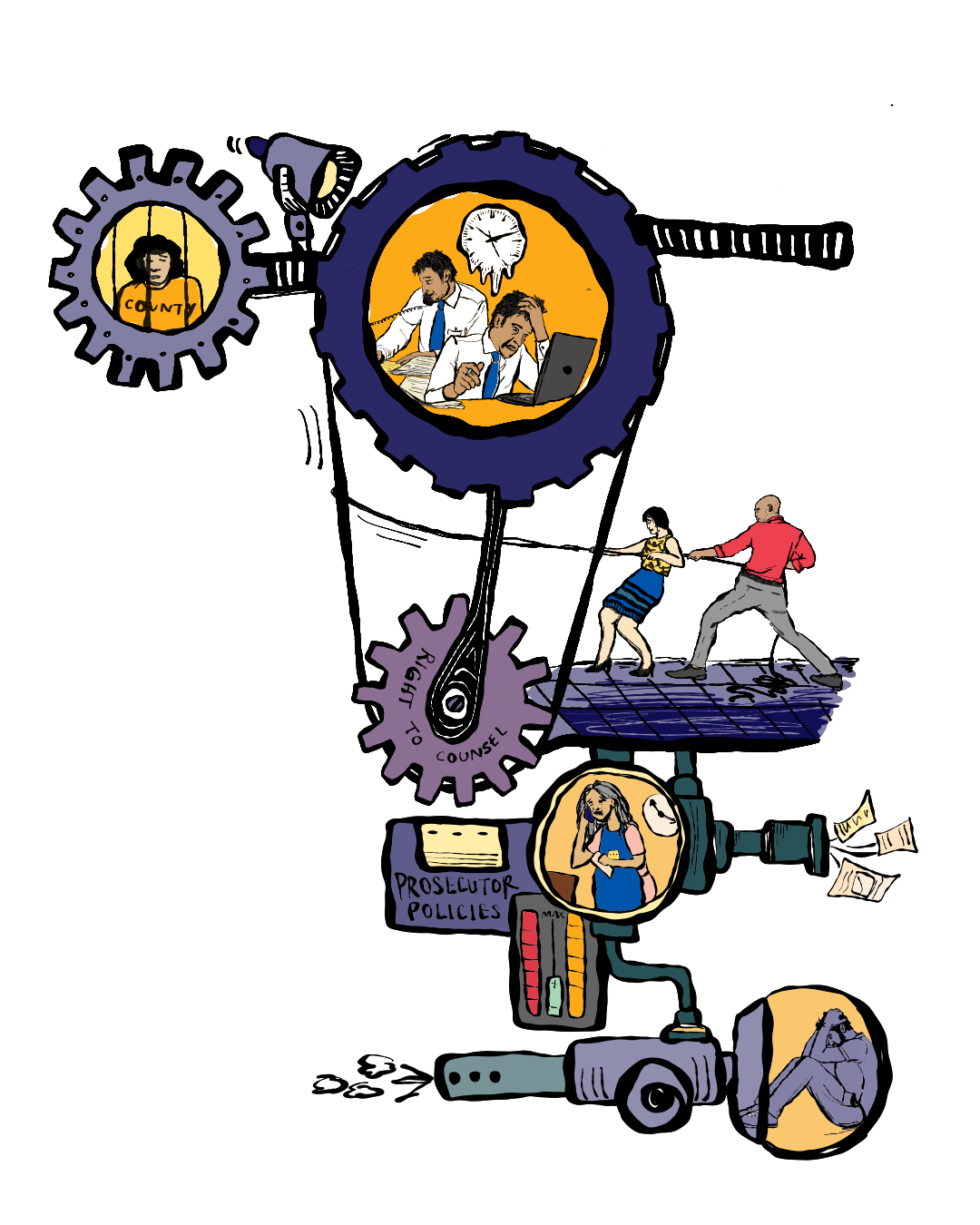
By completing this form, I agree to receive occasional emails per the terms of the ACLU’s privacy statement.
In short: Where can we release pressure on the system now and how can we build toward a system that values the humanity and freedoms of everyone in it?
We urge you all to build a new vision for our criminal system.
One that values human beings: people harmed by their neighbor, people who have harmed their neighbors, people accused of crimes, lawyers charging people with crimes, lawyers defending the people accused, and judges managing criminal cases.
We see everyone suffering as the system buckles and breaks. We know we can do better, together.
Learn more about the state of our public defense system at the links below, and continue learning within your ACLU community on Instagram and Twitter. #RightsUnrealized
Related Issues
Related Content
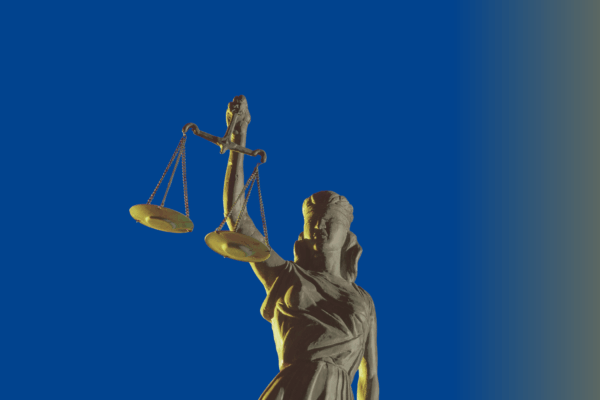
- Women's Rights + Gender Equity
Fighting Gender-Based Discrimination in the Public Defense System
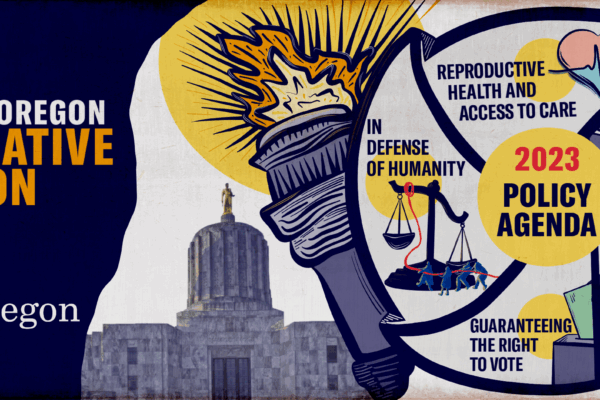
- Reproductive Justice|
- +4 Issues
2023 Legislative Session Hub

